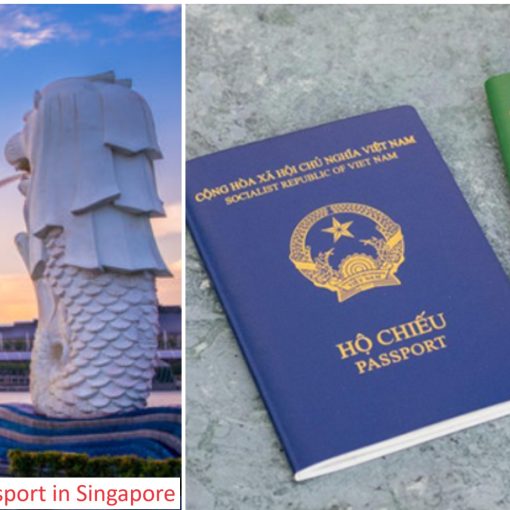Contents
What are Free Trade Zones in Singapore?
Certain areas of Singapore are designated as free trade zones, allowing firms to import, sell, or export items without paying customs duties, excise taxes, or the goods and services tax (GST). Singapore is a well-liked location for entrepot commerce, hence the government has created a number of zones inside the nation to help businesses engaged in such commercial activity.
In any of Singapore’s free trade zones, foreign investors have the option of forming a free zone business.
What are the regulations of Free Trade Zones in Singapore?
The Free Trade Zones Act, passed in 1966 and most recently amended in 2014, governs free trade zones. The following is required under the law:
- Inspections of the operations of businesses operating in free zones are the responsibility of the officials.
- The activities that Singaporean free-zone businesses are permitted to carry out.
- The types of licenses and licenses required to produce and market goods in free zones,
- and the repercussions of breaking the rules set forth by the free zone authority.
What are the areas of Free Trade Zones in Singapore?
- Pasir Panjang Terminal
- Sembawang Wharves
- Tanjong Pagar Terminal and Keppel Terminal
- Jurong Port
- The Changi Airport Group
- Airport logistics Park of Singapore
- Changi Airport Terminal Complex
- Brani Terminal
- Keppel District Park
Procedure to start a business/company / Firm in Singapore Free Trade Zones (FTZ)
People who seek to start businesses in Singapore’s free zones must adhere to a number of rules and regulations, which must respect both the Company Law and the Free Trade Zones Act.
- Entrepreneurs, who may be natural individuals or corporations, must first get a permit from PSA Corporation Authority before operating in any of the city-free state zones.
- For businesses looking for warehouse space, the minimum share capital required to establish a free zone company in Singapore is 100,000 SGD, and for those in need of office space, the minimum share capital requirement is 50,000 SGD.
- The company will then register using the same procedures as starting a business outside of free zones.
- The audit accounts report for the most recent fiscal year and certificates of incorporation must also be submitted by corporations looking to form free zone firms in Singapore.
- Within the first year of operation, the capital must be deposited.
Documents required
- Company Certificate of Incorporation.
- Accounts of the business’s previous fiscal year were audited.
- A warehouse requires a paid-up capital of S$100,000 or S$50,000 for an office space
- and an application form.
What is the cost?
- For individuals in need of office space, the minimum share capital needed is 50,000 SGD, and 100,000 SGD is needed to form a free zone company in Singapore.
- three free trade zone in Singapore Changi Airport Group Pte Ltd, PSA Corporations Limited, Jurong Port Pte Lt
Benefits of starting in Free trade zones
- Products brought into Singapore’s industrial estates are not subject to taxes.
- Companies located in free zones will benefit from streamlined customs procedures.
- There are still no taxes levied on goods traveling through or being maintained in free zones.
- No permits or licenses are needed to transport items containing non-controllable commodities inside the free zone.
- To import goods into the nation, a person must obtain customs clearance. However, this documentation is not necessary when importing into FTZs.
What is the license/permit required?
- Those who want to operate in Singapore’s free zones must get one of two primary types of licenses. The second one is given to people and has a transitory validity while the first one is provided to business users.
- The length of a provisional permit might range from 24 hours to 14 days. A range of fees applies to corporation registrations, which are normally offered for one to three years.
- A PSA permit has a validity period of one or three years and is subject to different prices. The Authority issues one of the two types of passes in no more than four days.
Documents Required
For a temporary pass, which is typically given by an employer or sponsor for a worker in the company, the following paperwork must be submitted:
- the name of the primary applicant;
- NRIC number
- passport number
- Work permit number.
- details concerning the applicant’s request to access the Restricted Areas, including the date and time;
- the justification for why the applicants must go inside the Restricted Areas.



